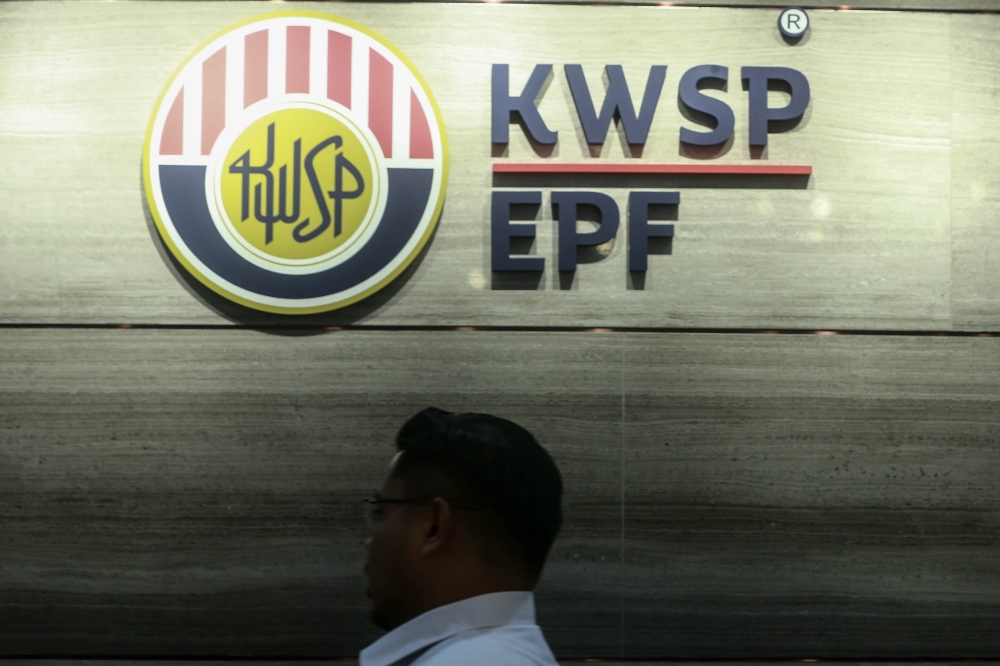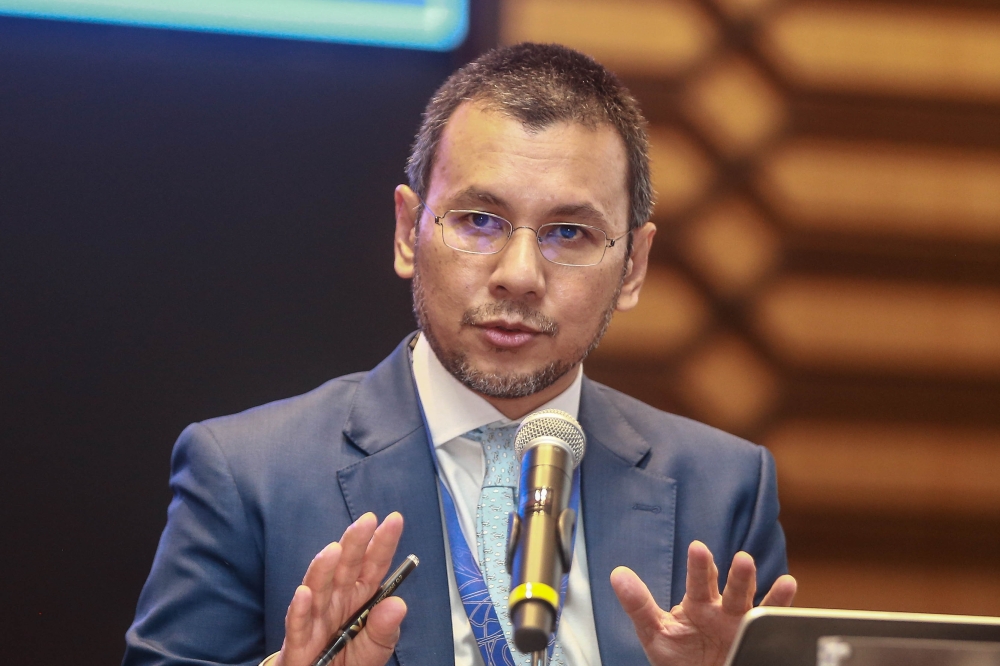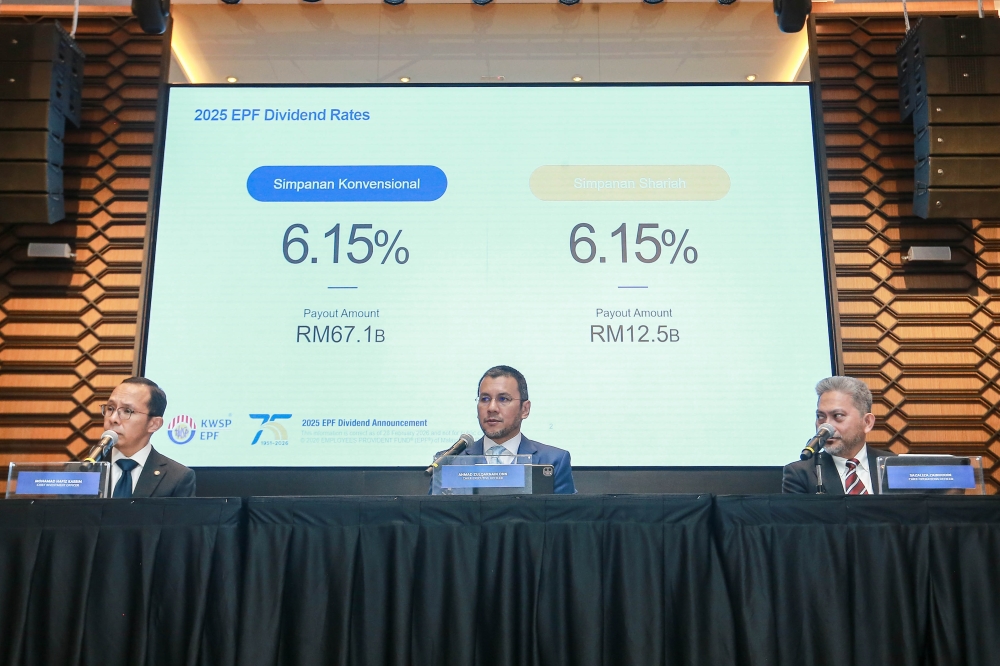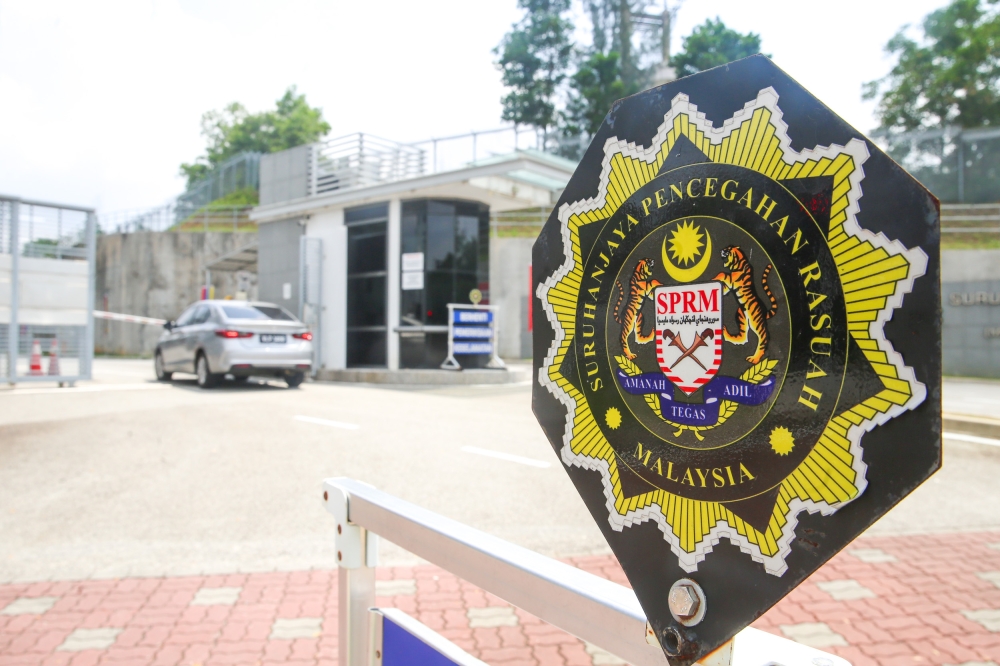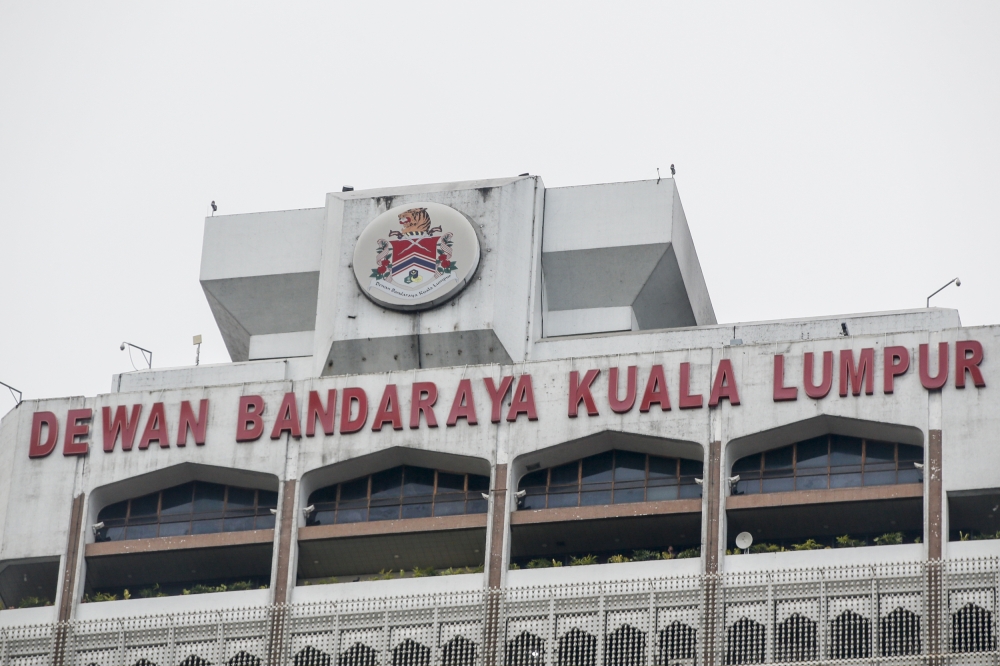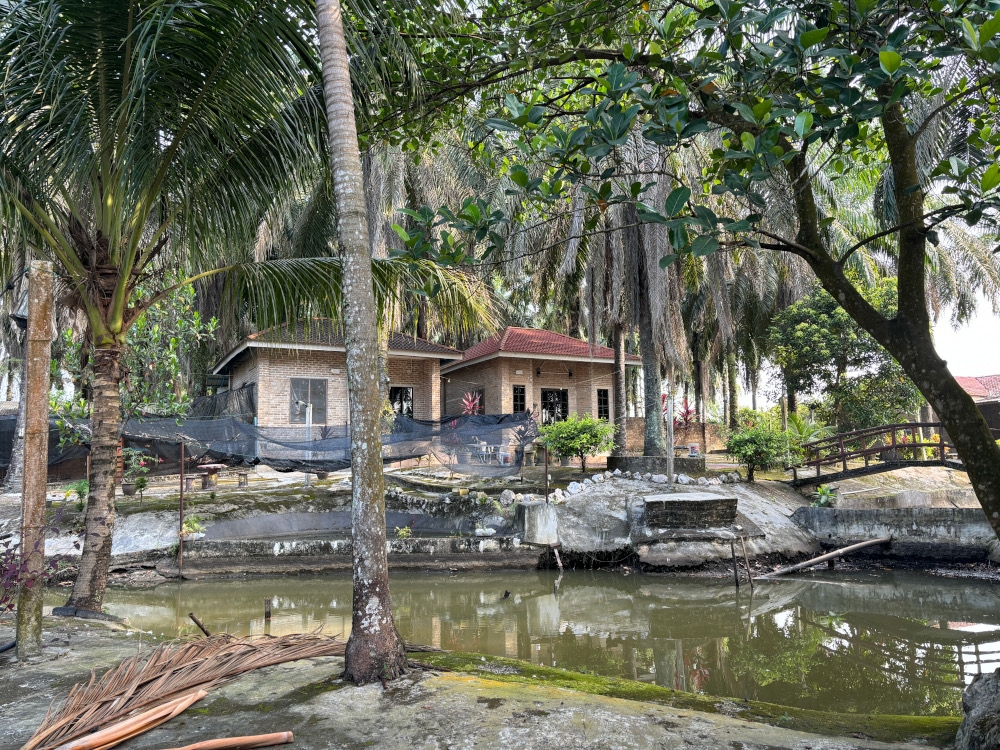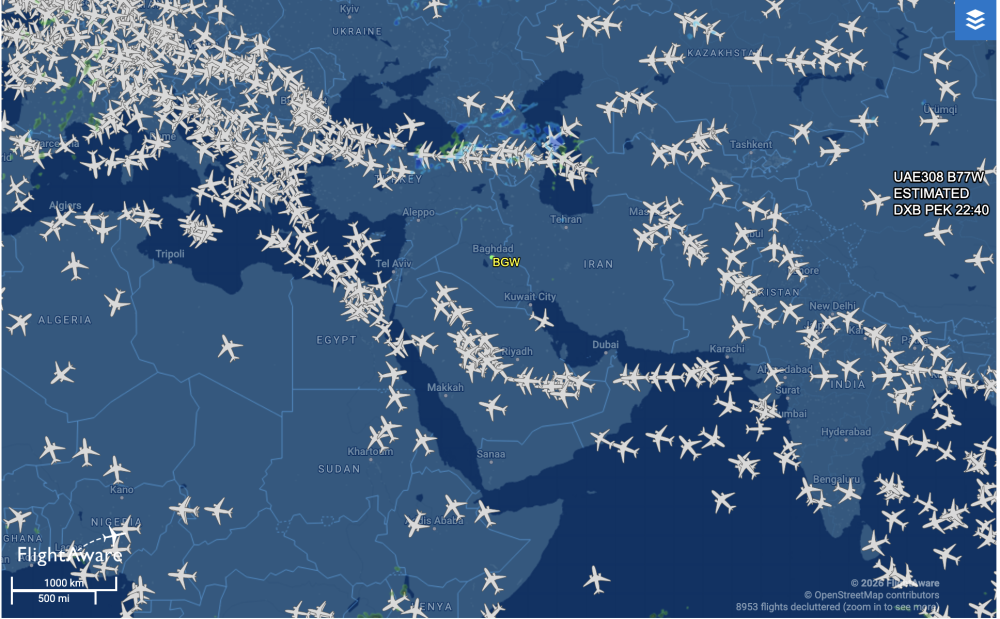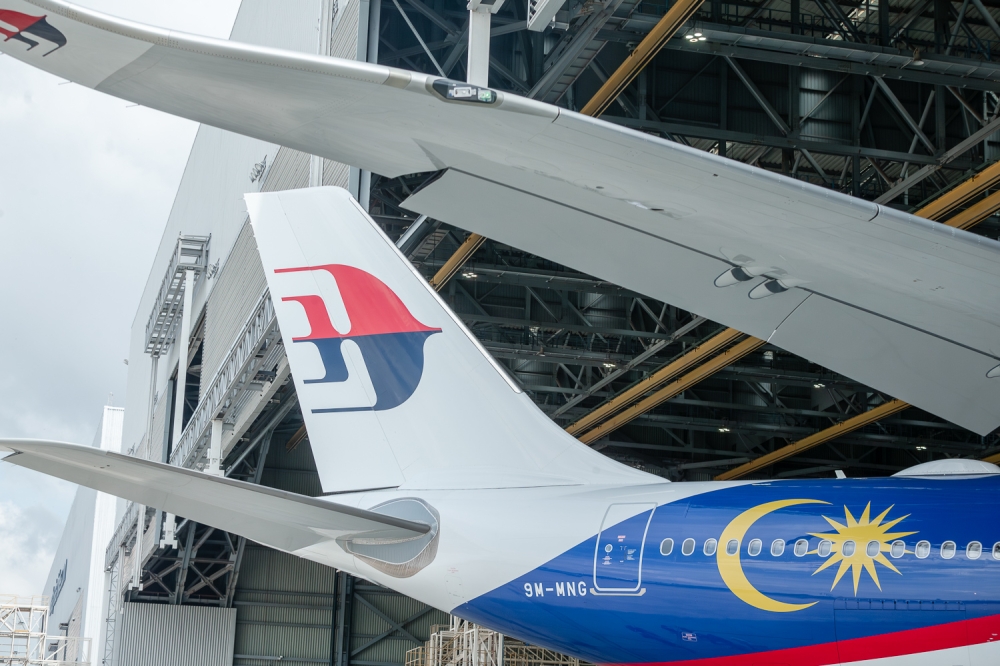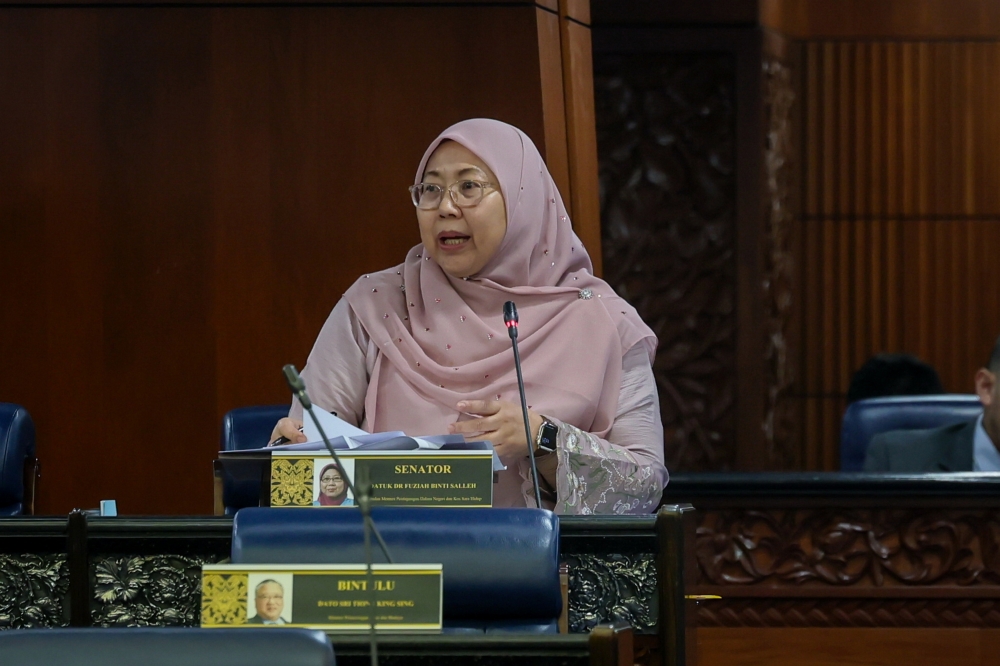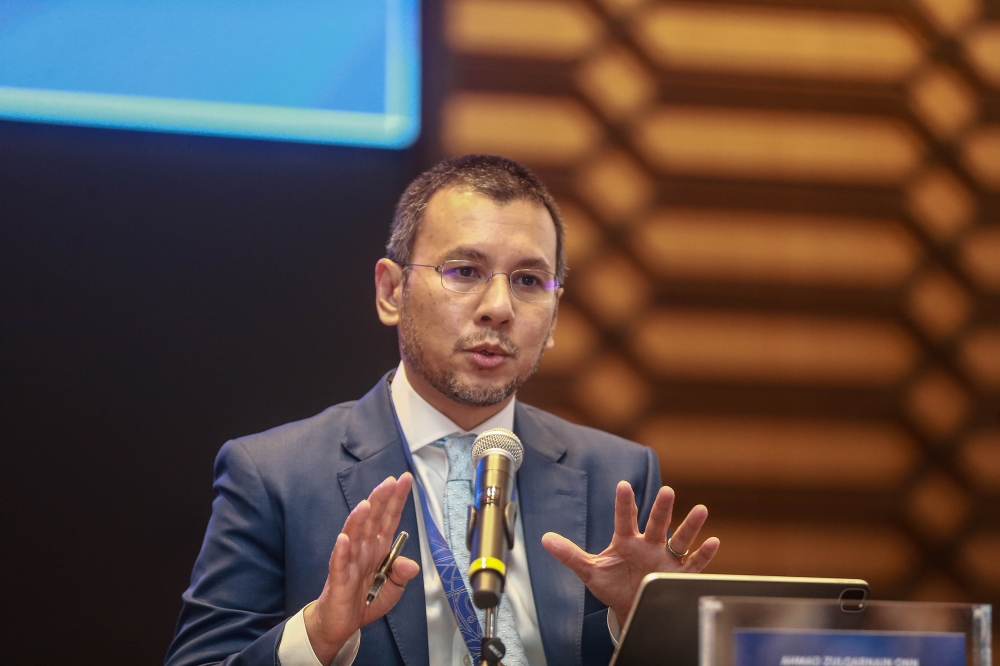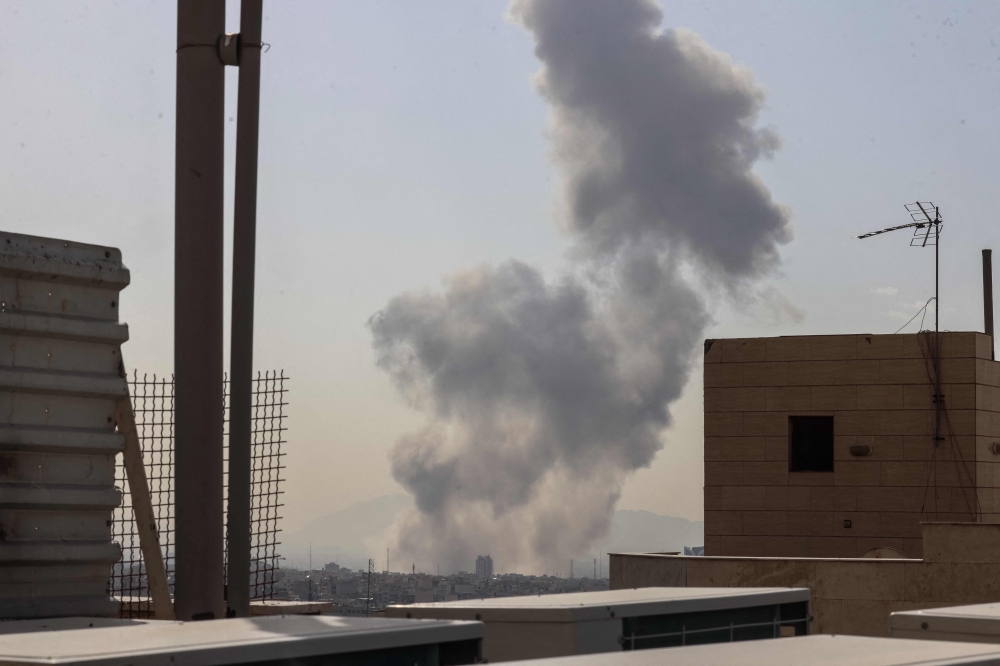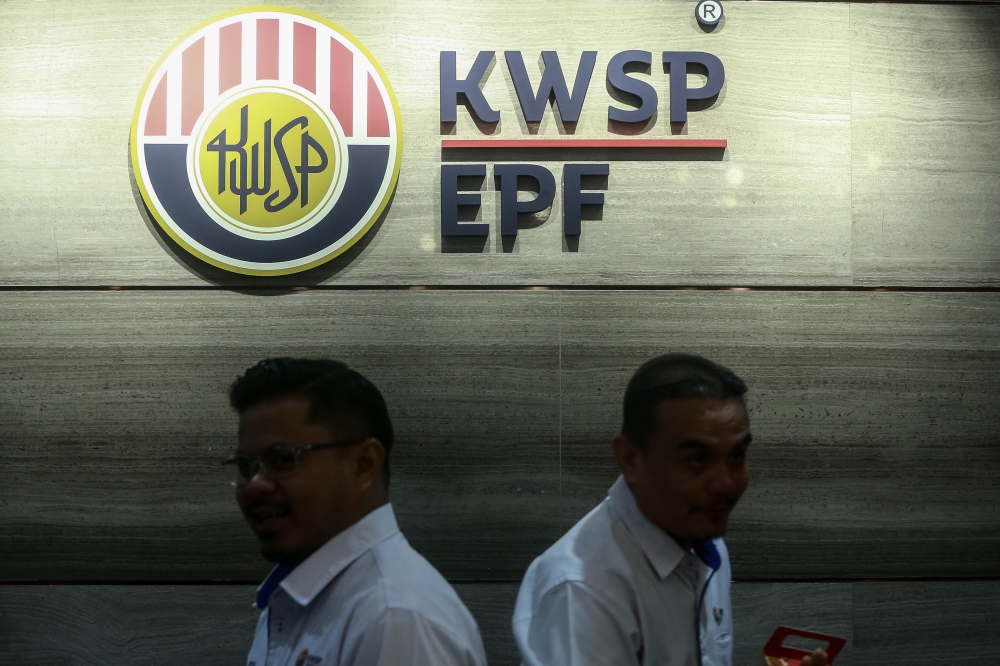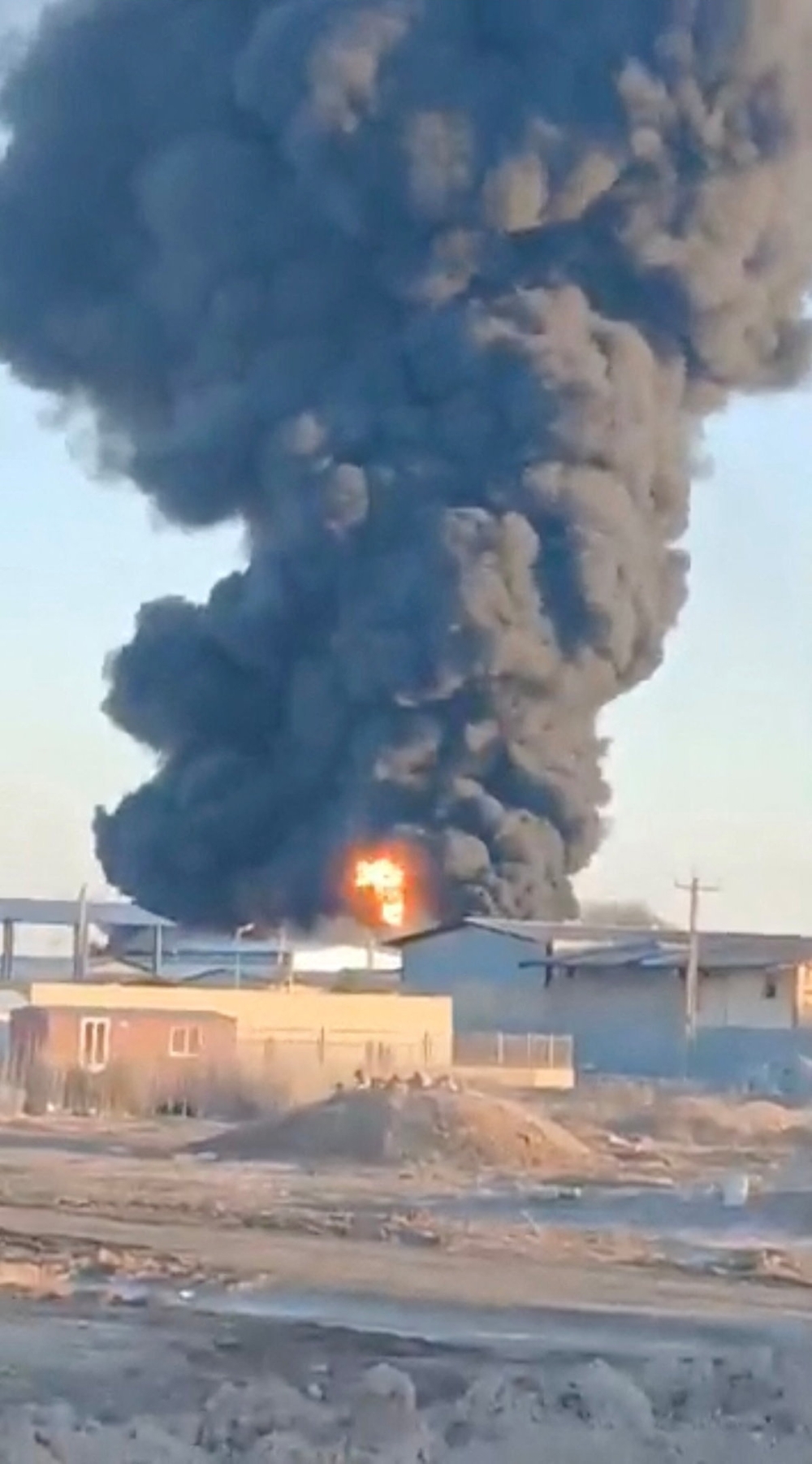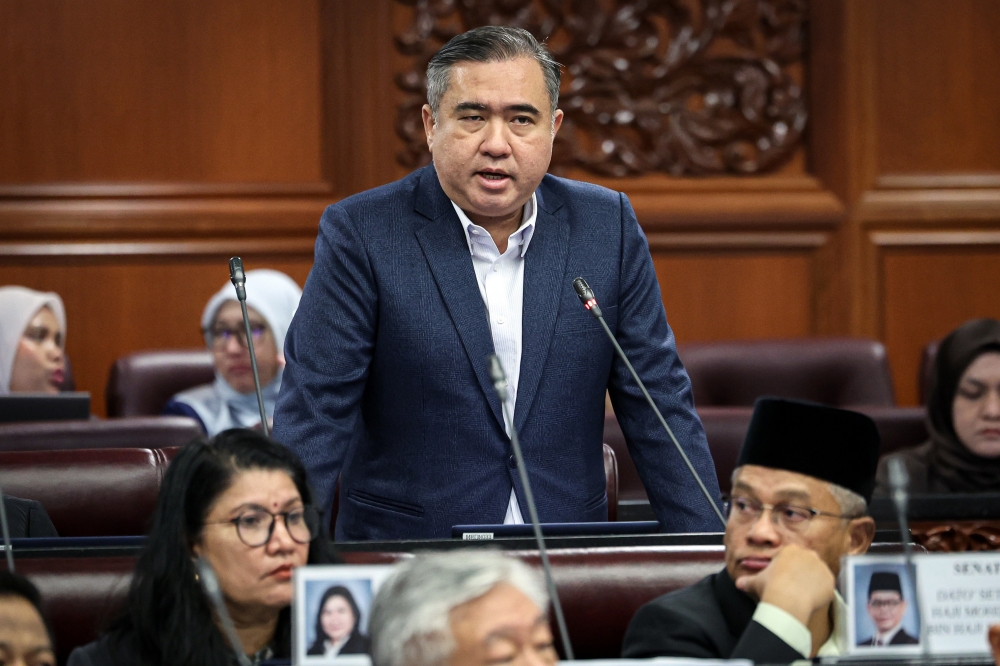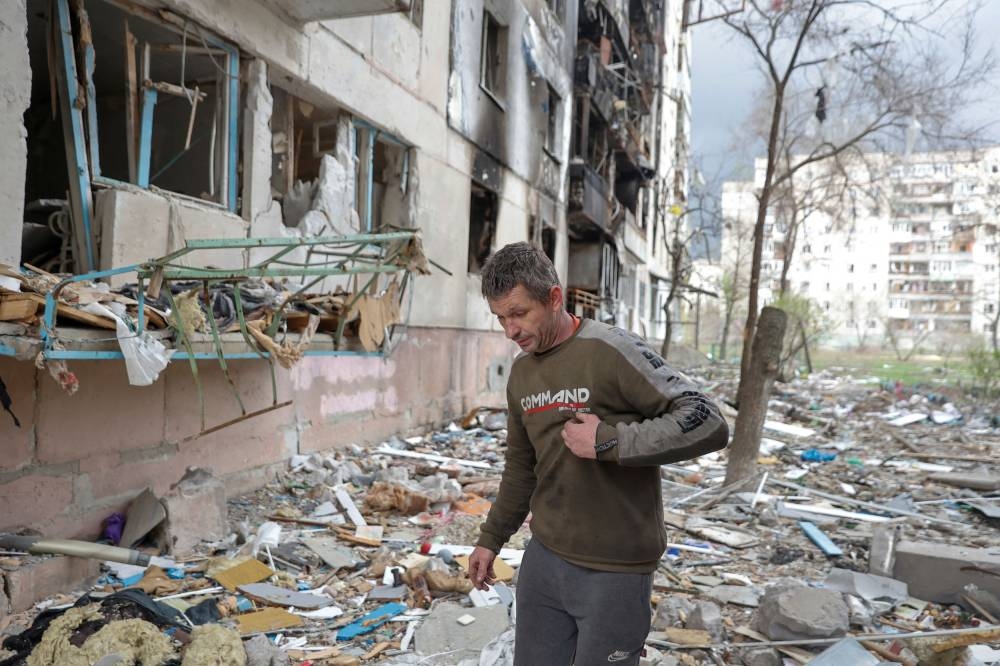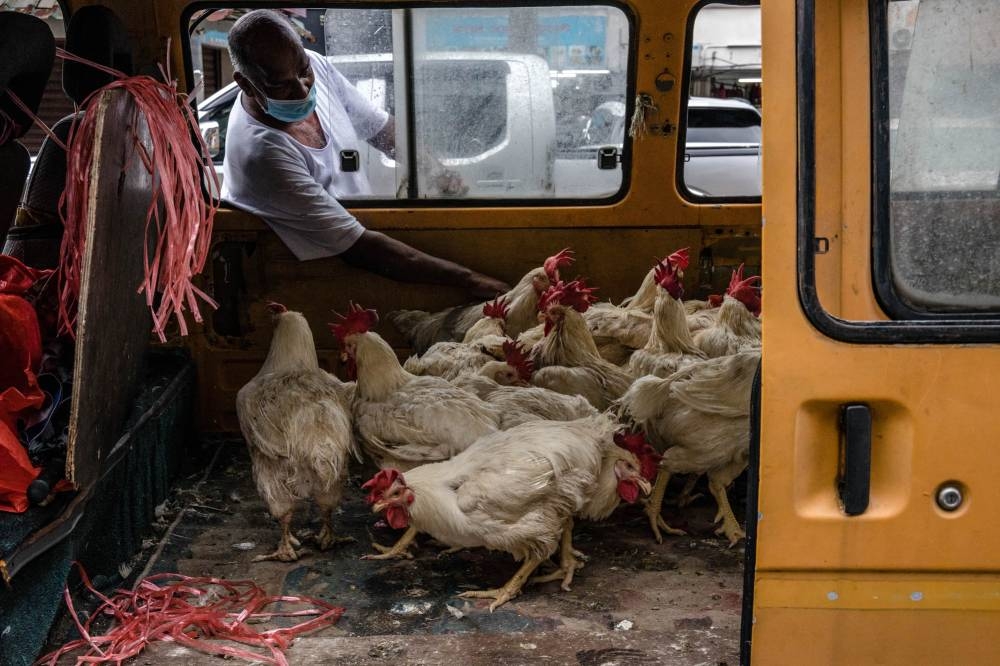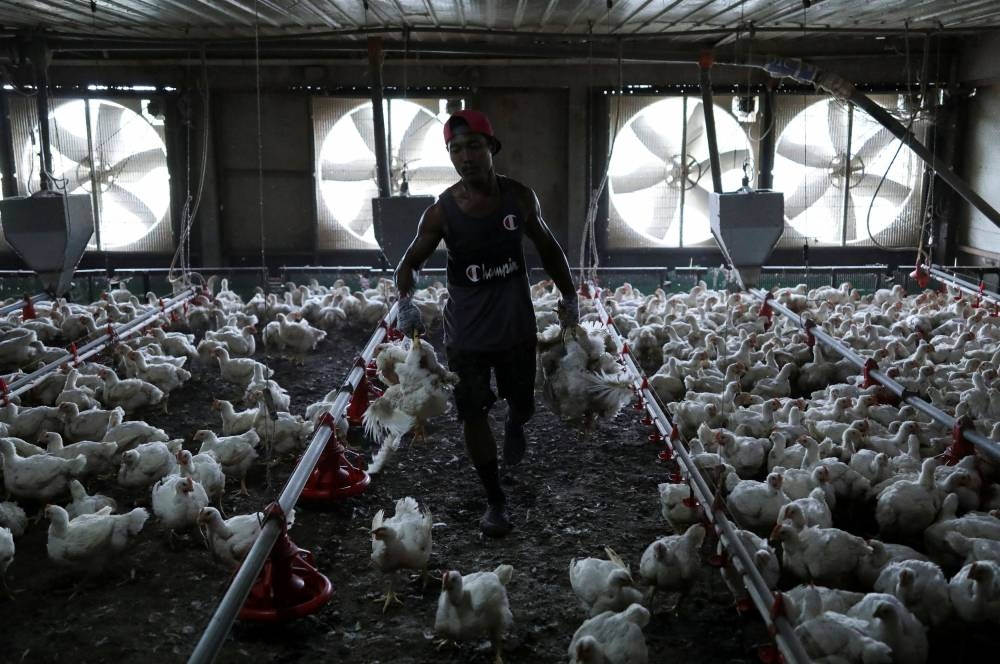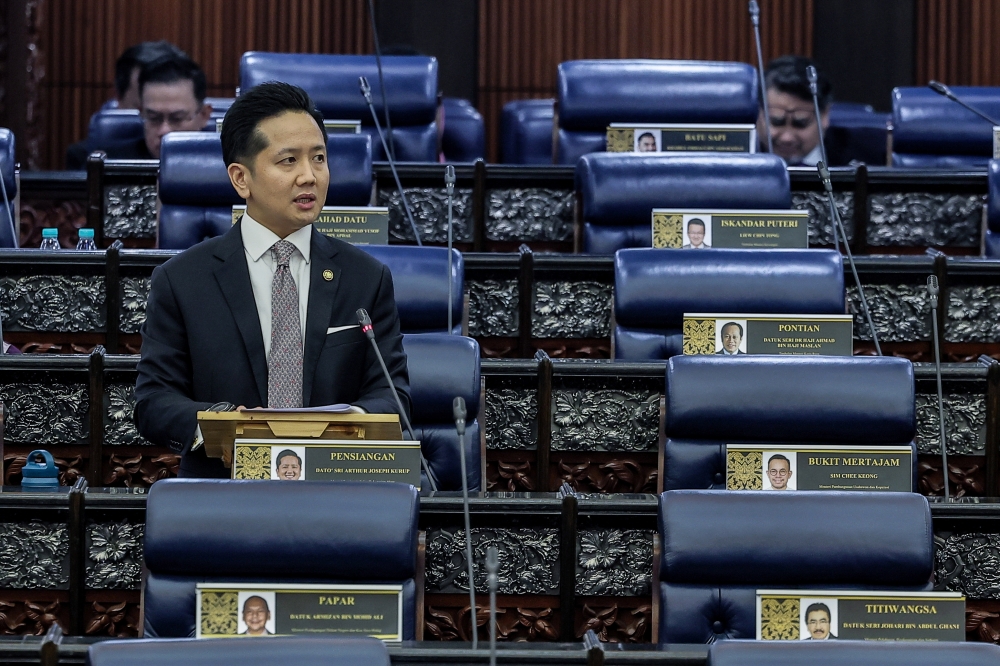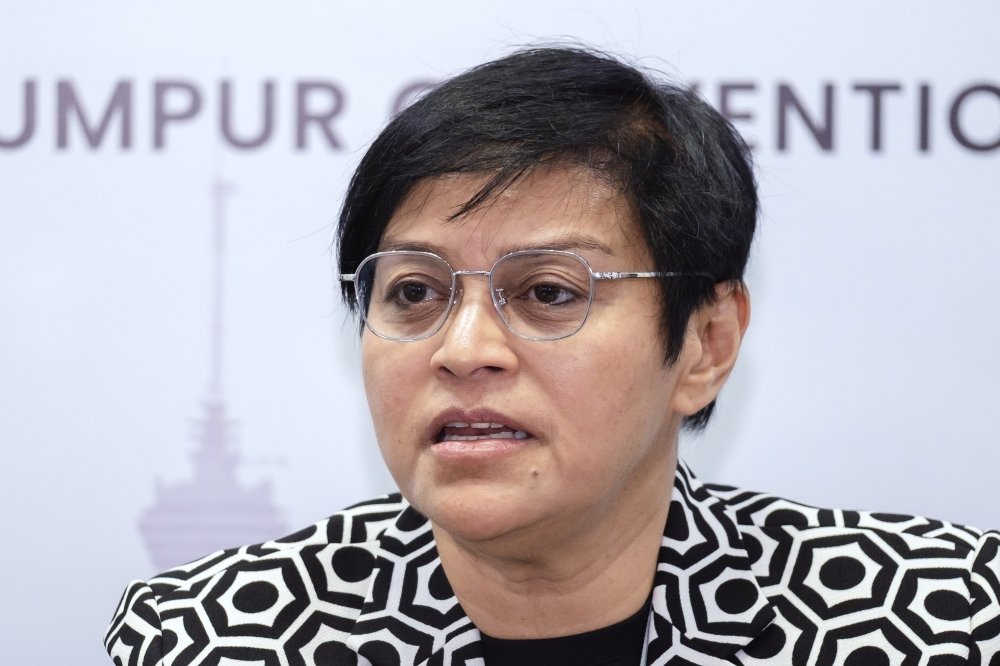KUALA LUMPUR, June 2 — The food crisis behind price spikes across the globe is not a short-term phenomenon and will likely continue for years, according to a S&P Global report.
In the firm’s RatingsDirect report titled “The Global Food Shock Will Last Years, Not Months”, it said the crisis worsened by Russia’s invasion of Ukraine will prolong the fertiliser shortages, export controls, global trade disruption, and escalating fuel and transport costs behind rising prices.
"We believe the shock to food supply will have negative implications for emerging market countries, affecting GDP growth, fiscal performance, and social stability," said S&P Global Ratings credit analyst Samuel Tilleray.
“Although many of the sovereigns most exposed to this risk already have very low credit ratings, the negative economic or political fallout of the food shock could contribute to rating downgrades," he added.
The report says that potential effects on sovereign credit ratings (which determine the creditworthiness of a country and gives investors insights into risks of investing into the country) will depend on the degree and seriousness of the food shock, the ability of governments to minimise its impacts and international support for affected countries.
The reason for the invasion’s effects on food supply is because Russia and Ukraine are two of the world’s largest exporters of wheat, maize, rapeseed, sunflower seeds, and sunflower oil.
The two countries also account for 12 per cent of all food calories traded, while Russia was the largest supplier of fertiliser in 2020.
The effect of the war on Malaysia’s food security can already be seen in disruptions to chicken supply, with producers struggling to produce meat for sale at the RM8.90/kg price ceiling after imported chicken feed went from RM500/tonne to RM1,900 in some instances.
The food crisis stems from supply chain disruptions due to the Covid-19 pandemic, but has been worsened further by the Russia-Ukraine conflict.
In March, Universiti Kebangsaan Malaysia (UKM) economics professor Tan Sri Noor Azlan Ghazali expressed fears that the then newly announced conflict would cause a food crisis in Malaysia.
“There is a concern because although Russia and Ukraine do not have direct close trade ties with Malaysia, they have a direct impact on our goods and food chain,” he had remarked as a panellist during a discussion called Russia-Ukraine Conflict: Impact on the Malaysian Economy.
The S&P report said low and low- to middle-income countries in Central Asia, the Middle East, Africa, and the Caucasus could be those worst hit by the first-round reaction to the crisis because of their reliance on either Russia or Ukraine.

